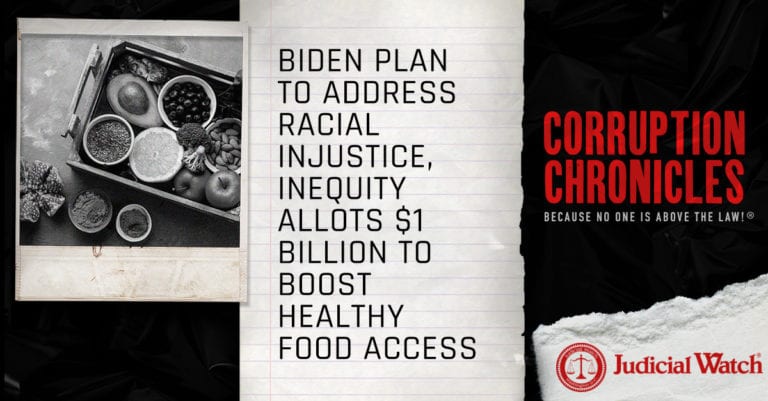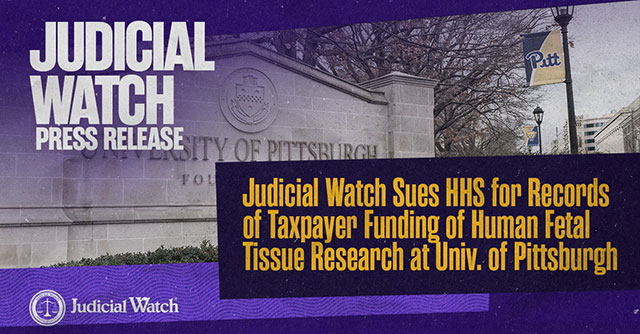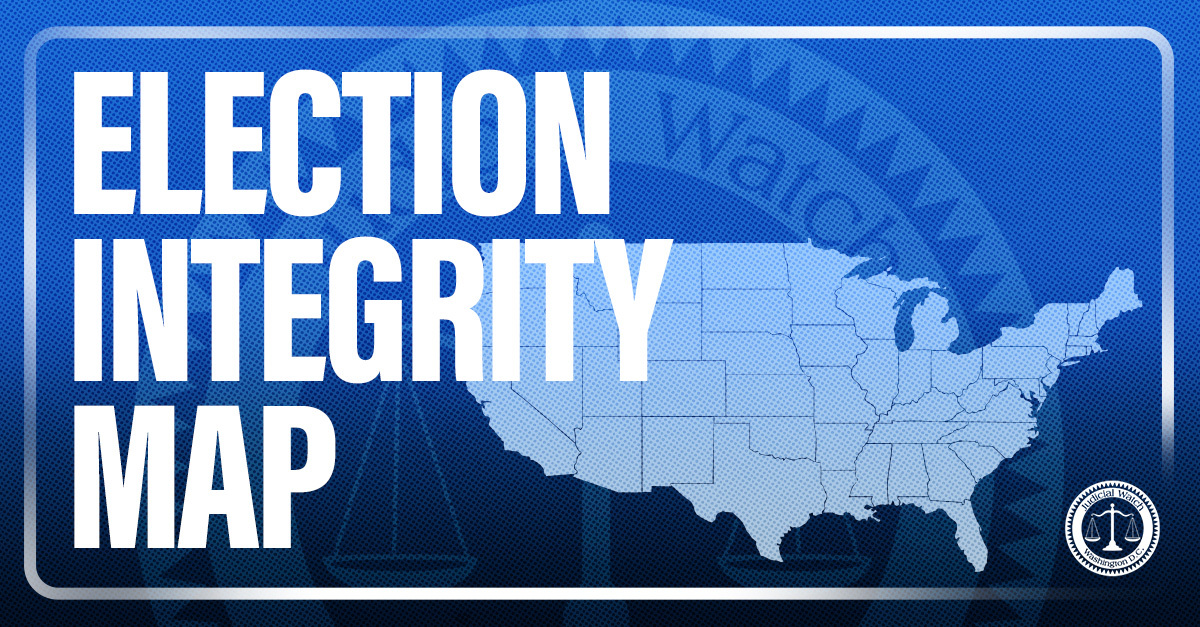
Biden Plan to Address Racial Injustice, Inequity Allots $1 Billion to Boost Healthy Food Access

Weeks after launching a Racial Justice and Equity Working Group, the U.S. Department of Agriculture (USDA) is dedicating $1 billion to bring healthy food to underserved minority communities. It appears to be the sequel to the Obama administration’s ill-fated and costly effort to provide the nation’s low-income residents with nutritional options. Afterall, President Joe Biden appointed Tom Vilsack, who served as USDA secretary for eight years under Obama, to head the agency again. The elusive goal of eradicating “food deserts”—inner city neighborhoods that lack healthy fare—has apparently been reinstated and the taxpayer dollars are beginning to flow.
Under Obama American taxpayers doled out tens of millions of dollars to bring fruits and vegetables to the nation’s inner cities because the areas have limited access to affordable and nutritious food. The USDA spent huge sums to provide low-income residents already getting food stamps from the government with healthier meals, especially “culturally-appropriate fruits and vegetables.” The effort was spearheaded by then First Lady Michelle Obama’s $4.5 billion law to revolutionize the inner-city diet by providing fresh government-subsidized produce and grilled lean meats as alternatives to greasy, fried foods that tend to be more popular in those areas, presumably because they’re cheaper. The pricey government initiative to change the nutritional habits of poor minorities failed miserably and one academic study found that it was a huge waste of taxpayer dollars. Residents of the underserved areas were no healthier after getting their government-funded fruits and veggies, the study found. After six months, there was no significant improvement in body-mass index or in consumption of fruits and vegetables, according to the academic researchers.
This is hardly deterring the Biden administration from expanding the initiative and pouring lots of money into it. In its first big investment, the USDA is spending $1 billion to “purchase healthy food for food insecure Americans,” according to an agency announcement. The allocation is part of a multi-trillion-dollar Biden administration initiative called Build Back Better to supposedly “rescue” and “rebuild” the country by, among other things, tackling racial injustice and inequity. “Black and Latino Americans, Native Americans, immigrants, and women have never been welcomed as full participants in the economy,” according to a White House document outlining the plan. The initiative is broad and features a three-part agenda that includes promoting government-funded food stamps, rebranded Supplemental Nutrition Assistance Program (SNAP) under Obama to eliminate the stigma associated with welfare. “There is extra money available for food,” Build Back Better assures, encouraging the public to apply for SNAP.
In this month’s announcement the USDA writes that the $1 billion allocation is the first investment of the new Build Back Better initiative and will serve as a bridge from pandemic assistance to “food system transformation.” The goal is to reach underserved communities more effectively and create a “food system of the future” that is fair and advances equity. “Build Back Better efforts will improve access to nutritious food, address racial injustice and inequity as well as a changing climate, provide ongoing support for producers and workers, and create a more resilient food system,” the agency writes. “Today’s announcement of up to $1 billion will help resolve lingering challenges directly associated with the COVID-19 pandemic and start addressing long-term challenges to our nation’s food system exposed by the pandemic.”
In a recent update outlining its progress in Build Back Better efforts, the USDA celebrates a 15% increase in SNAP benefits, amounting a $3.5 billion to help households experiencing food insecurity. Additionally, the agency announced a $1 billion initiative to raise benefit levels for about 25 million people who already received the maximum benefit. “For decades, systemic racism has created barriers to opportunities for many,” the USDA documents reads. “Cycles of debt and lack of access to programming have left marginalized communities in the agriculture space at a deficit. The COVID-19 pandemic only exacerbated these longstanding challenges in the communities where Black, Hispanic, Native American, Asian, Pacific Islander, and other socially disadvantaged producers live and farm. USDA is committed to creating a department that provides access to opportunity for all Americans, and to addressing cumulative, systemic barriers for socially disadvantaged farmers.”

















